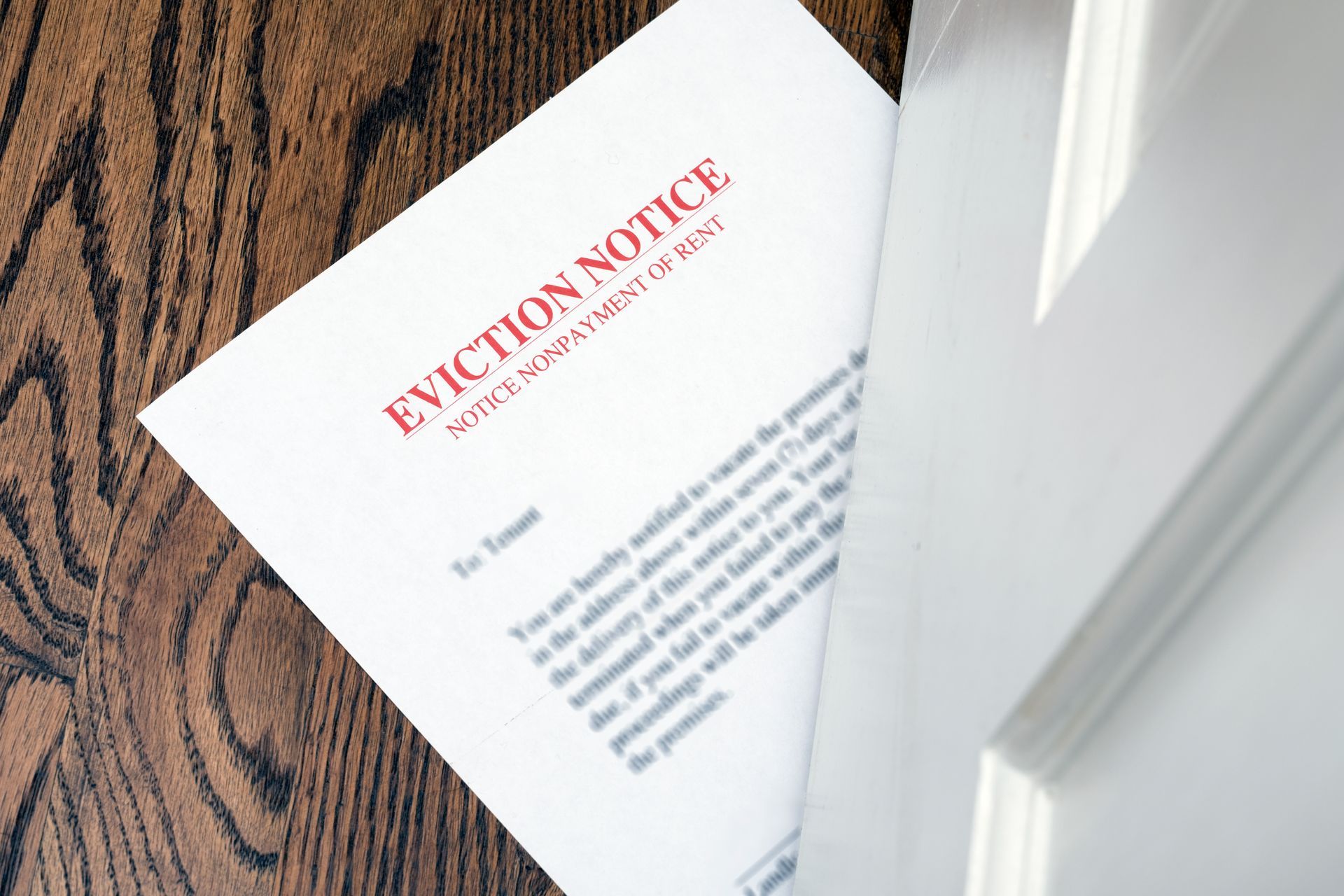Client Login
×Legal Guidance for Evictions and Terminations
Evictions and terminations of tenancy agreements are among the most sensitive and challenging aspects of residential tenancy law. Whether you’re a landlord seeking to evict a tenant or a tenant facing eviction, the process must be handled with precision to comply with Ontario’s legal requirements. At Joey Rizzuto Legal Services, we provide the expertise needed to navigate these complex processes.
For landlords, we offer comprehensive support, from drafting and serving eviction notices to representing you in hearings before the Landlord and Tenant Board. Our goal is to ensure that all actions taken are in full compliance with the Residential Tenancies Act, minimizing the risk of disputes or legal setbacks.
For tenants, we provide strong advocacy to protect your rights, ensuring that any eviction proceedings are fair and justified. We help tenants challenge unlawful evictions and work to achieve the best possible outcomes, whether that means negotiating a resolution or defending against eviction in court.
Our firm’s deep understanding of the nuances of eviction law, combined with our commitment to client-focused service, makes us the trusted choice for landlords and tenants alike.
Joey Rizzuto Legal Services is ready to assist you with Evictions and Terminations
FAQ
-
What are the legal grounds for eviction in Ontario?
In Ontario, a landlord can evict a tenant for several reasons, including non-payment of rent, persistent late payments, causing damage to the property, illegal activity, disturbing other tenants, or if the landlord or their family needs to move into the unit. Each ground requires specific procedures to be followed under the Residential Tenancies Act.
-
How much notice is required before an eviction can take place?
The amount of notice required depends on the reason for eviction. For example, non-payment of rent typically requires a 14-day notice for monthly tenancies, while other reasons, like the landlord needing to move in, usually require a 60-day notice. It's important to follow the correct procedure to ensure the notice is valid.
-
Can I challenge an eviction notice?
Yes, you have the right to challenge an eviction notice. If you believe the eviction is unjust or that proper procedures were not followed, you can file a dispute with the Landlord and Tenant Board. Legal representation can help you defend your rights and potentially prevent the eviction.
In Need Of Legal Representation?
We Offer A Free Initial Consultation, if you're ready to talk simply utilize our booking link by clicking on Schedule Your Free Case Evaluation. If you are in need of more information, you can always reach out to our office by calling or utilizing our contact form.
We will get back to you as soon as possible
Please try again later
PO Box 59085 Mississauga RPO Westwood Mall, Mississauga , Ontario L4T 4J1, Canada
This website has been built to be accessible for all users. If you experience any difficulty in accessing this website, please contact us for assistance.



